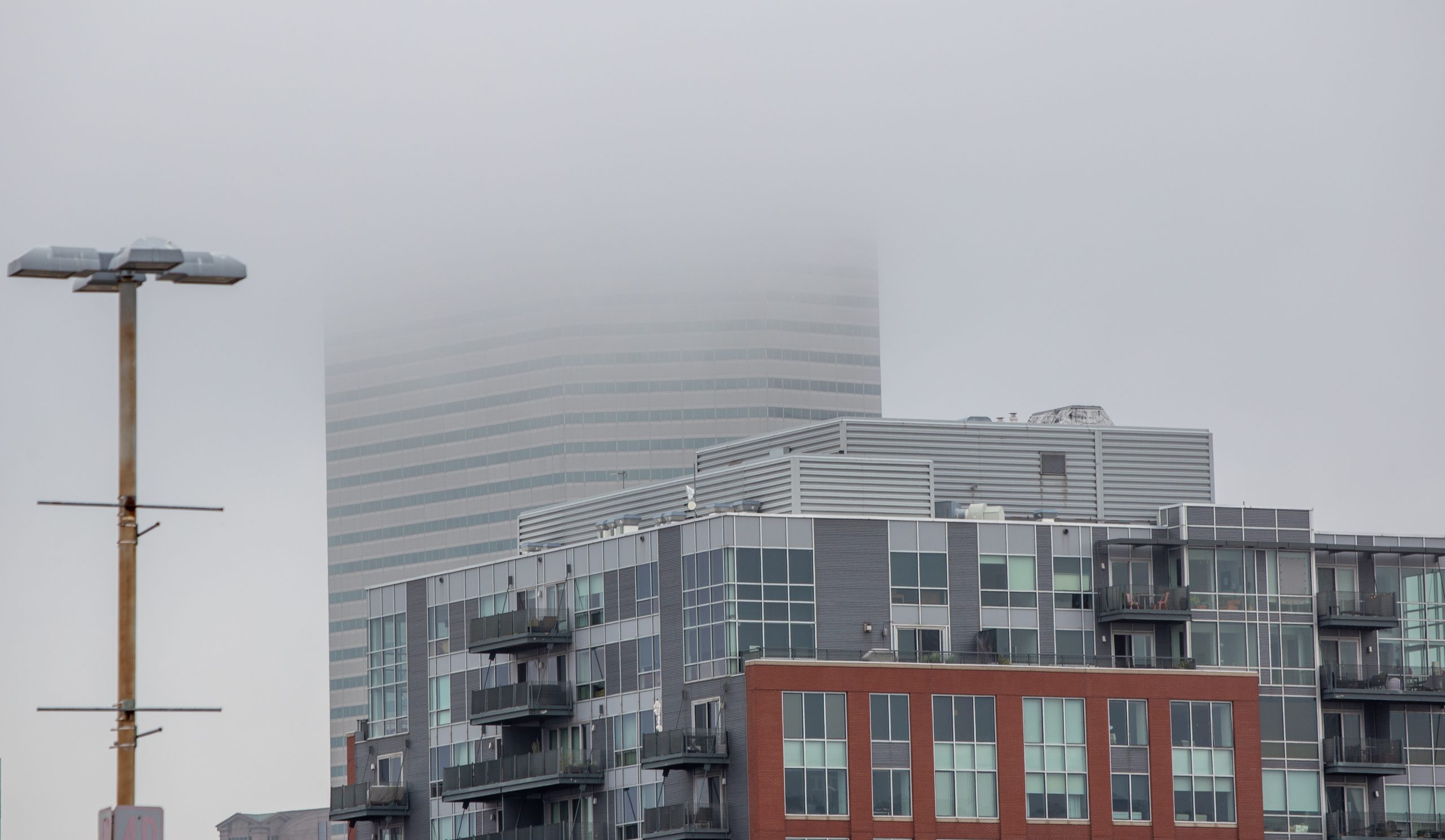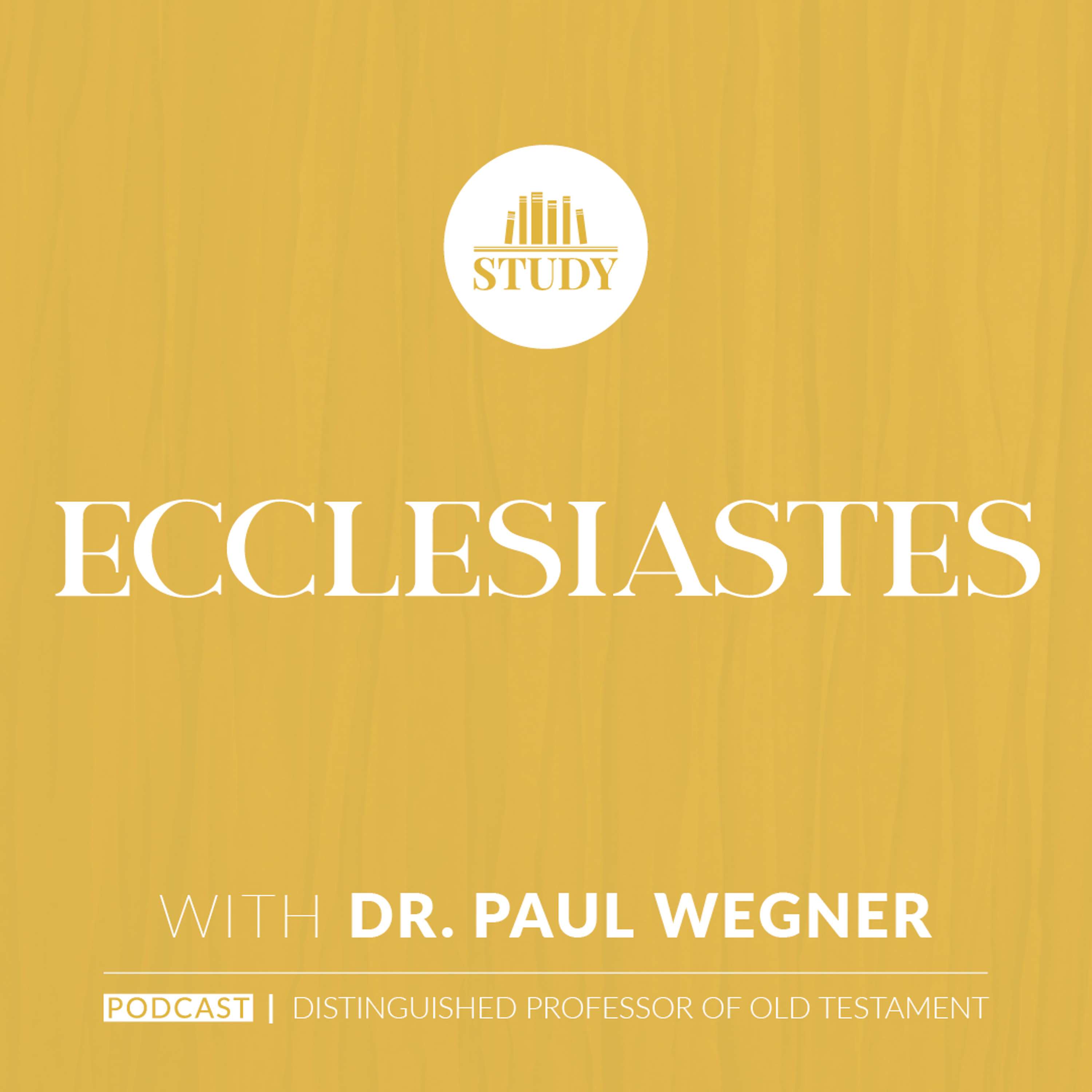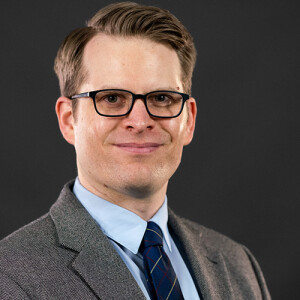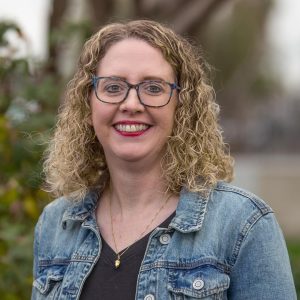Classrooms at Gateway are more than conduits for information dissemination. They are a leader-shaping laboratory. During a recent presentation on ecclesiology, students poured out their discouragement and frustration over the state of their churches. The professor set aside his notes and addressed the issues at hand. He followed up that class session with a series of letters to students, pointing out historical precedent which gives us hope for the future.
The professor has given me permission to edit those letters and re-word them for a more general audience. If you are dismayed about the condition of your church and the Church in general, these three letters are for you.
Dear Friends,
More than any other time since I’ve taught this course, you have expressed discouragement, dismay, and frustration over the state of our churches. We are indeed in a bad way. COVID, political divisiveness, and rampant spiritual apathy have seriously weakened our churches and their witness. Membership in Southern Baptist churches dropped 2% last year. Today, only 47% of Americans belong to any church. That number was 70% as recently as 1999.
But hang on! The state of the church in America has been far worse in the past. In 1776, only 17% of people claimed church membership. During the Revolutionary War (1776-1783), things got even worse. Because of that war and the French and Indian War (1754-1763), many pastors had abandoned their churches to serve in the military, and churches were greatly weakened. Culturally, atheism from France and deism from England were all the rage – especially among college students. As a result, many despised the church and wanted nothing to do with it. Wars and cultural confusion had weakened the church. Sound familiar?
In 1795, Lyman Beecher described Yale University saying, “The college was in a most ungodly state. The college church was almost extinct. Most of the students were skeptical and rowdies were plenty. Wine and liquors were kept in many rooms; intemperance, profanity, gambling, and licentiousness were common. Most of the class before me were infidels and called each other Voltaire, Rousseau . . . etc.” J. Edwin Orr wrote, “The typical Harvard student was atheist. Students at Williams College conducted a mock celebration of Holy Communion. When the Dean at Princeton opened the chapel Bible to read, a pack of playing cards fell out, some radical having cut a rectangle out of each page to fit the pack. Christians were so unpopular that they met in secret and kept their minutes in code. The radical leader of deist students led a mob in burning the Bible of Rarian Valley Presbyterian Church. Students disrupted worship services with both profanity and sputum. They burned down buildings, and they forced the resignation of college presidents.”
Besides all this, many church members were leaving and moving to the Western frontier. By 1800, nearly a million people had left the East. The Episcopal pastor at Bath, Devereux Jarratt was a dynamic preacher. At one point, his three churches became so crowded he had to hold services outside. He discipled many new converts in small accountability groups (like the Methodists). But by 1794, everything in Jarrett’s churches had changed. Attendance and morale were incredibly low. Jarrett said, “The present time is marked by peculiar traits of impiety and such an almost universal inattention to the concerns of religion that very few will attend on Sunday, to hear the word of the Lord. The state of religion is gloomy and distressing; the church of Christ seems to be sunk very low.”
What happened next? God’s people got serious about seeking him for spiritual awakening and that’s next week’s letter!
Read More

Excerpt — Towards a Clearer Understanding of Jonathan Edwards’s Biblical Typology: A Case Study in the ‘Blank Bible’
Dr. Cameron Schweitzer provides new insights into Jonathan Edwards’s often mischaracterized typology.

Seeing the Unseen
CSBC Women’s Ministry Director Cathie Smith shares how the church can serve the marginalized in its community.
Listen
Wisdom Books | Ecclesiastes
A common misconception about the book of Ecclesiastes is that it is very pessimistic. In actual fact, there is great comfort throughout the book that while life without God is meaningless, there is great satisfaction found when we cling to the Lord, and only to Him.

Ministering in Finland
Mikko Sivonen, Academic Dean of the Agricola Theological Seminary in Finland, joins Dr. Hopkins to discuss working as a missionary in a place where people are predominantly a different denomination than you. You can learn more about Mikko’s work here www.agricolasemin

Watch

Jonathan Edwards and the Asbury Revival
Chris Chun and Chris Woznicki discuss the signs of true revival, signs of the work of the Holy Spirit, and why it is important to critically assess the characteristics of revival in a spirit of charity.

Jonathan Edwards and the Baptists | Douglas Sweeney, Nathan Finn and Chris Chun
Dr. Douglas Sweeney and Dr. Nathan Finn joined Dr. Chris Chun for a panel discussion on Jonathan Edwards, recorded live at the SBC Annual Meeting in Anaheim.




